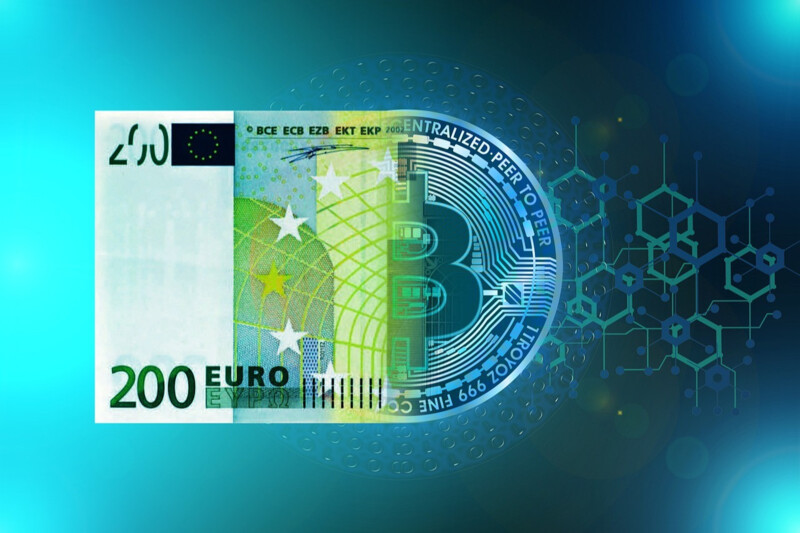Lancé à terme dans la zone euro, l’euro numérique sera disponible pour les paiements de détail qui regroupent les dépenses courantes des particuliers et des entreprises. Il s’inscrit dans le contexte de développement de projets similaires, notamment en Suède, en Chine et au Cambodge. En France, les banques suivent attentivement l’évolution de ce projet et émettent certaines réserves.
Le chantier d'euro numérique s’accélère en Europe
Le chantier de l’euro numérique, qui répond au développement des crypto-monnaies, s’accélère. En septembre dernier, les représentants de la France, de l’Allemagne, de l’Italie, de l’Espagne et des Pays-Bas au Comité économique et financier se sont réunis pour signer un « non paper » sur le sujet, selon le journal Les Echos qui en a obtenu une copie.
Le document souligne le « rôle essentiel » joué par l’euro numérique « pour renforcer l'autonomie stratégique de l'Union européenne et favoriser l'innovation dans le secteur financier, tout en préservant le rôle de la monnaie de banque centrale comme point d'ancrage de notre système monétaire ».
La Commission européenne pourrait faire une proposition législative au 1er trimestre 2023 sur laquelle se prononceraient les ministres des Finances en fin d’année. Suivront ensuite une phase de tests et un bilan du lancement du projet d’euro numérique en 2026 ou 2027.
Le spécialiste français des paiements Worldline a été choisi pour participer à l’un des cinq tests visant à préparer la création d’un euro numérique. La société Paylib, une plateforme française interbancaire de paiement mobile, plaide également pour servir de base au projet paneuropéen.
Des réserves émises par les banques
Le projet de monnaie virtuelle inquiète particulièrement les banques qui mettent en avant des risques significatifs pour le secteur bancaire européen.
Alors que sur son site Internet, la BCE rappelle que l’euro numérique sera « l’équivalent des billets en euros sous forme dématérialisée » et existera « parallèlement aux espèces, sans les remplacer », les banques y voient un risque de désintermédiation et craignent que leurs clients se tournent massivement vers cette nouvelle forme de monnaie ce qui entraînerait une baisse des dépôts.
Face à ces potentielles limites, plusieurs propositions sont à l’étude. Par exemple, Fabio Panetta, membre du directoire de la BCE, suggère de rendre moins attractive la détention d’avoirs en euros numériques au-delà d’un certain seuil. De plus, les autorités financières estiment que les banques auront un rôle à jouer en tant qu’intermédiaires pour ouvrir les comptes, réaliser les contrôles, équiper les commerces physiques et en ligne. De manière plus générale, le projet vise à ancrer la notion de « monnaie de banque centrale » qui pourrait être menacée par des initiatives d’acteurs privés. Les régulateurs prennent souvent comme exemple Meta (Facebook) et son projet de devise numérique baptisé « Diem » qui a été officiellement abandonné.
Ainsi, le projet d’euro numérique prend de l’ampleur. L’étude annuelle de la Banque des règlements internationaux (BRI) montre que neuf banques sur dix se penchent sur les monnaies numériques et plus de la moitié sont en train de les développer ou ont déjà lancé des expérimentations.
